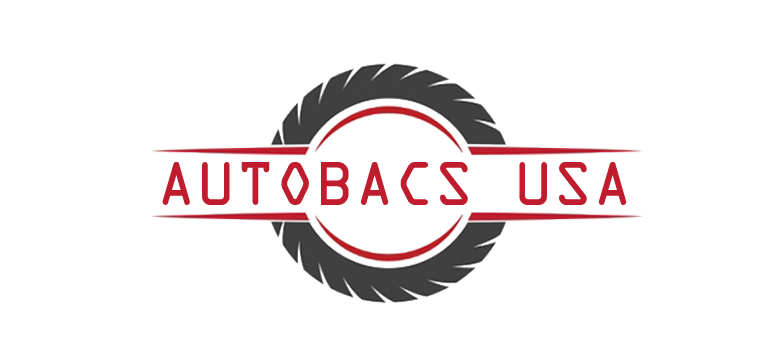Top 5 Questions to Ask When Selling a Used Car

Selling a used car can be a complex process, from setting the right price to navigating potential buyers. To ensure a smooth and successful sale, it’s crucial to ask the right questions and provide the necessary information. In this article, we’ll explore the top five questions to ask when selling a used car, helping you make informed decisions and fostering trust with potential buyers.
1. What Is the Car’s History?
The first question any potential buyer will ask is about the car’s history. Be prepared to provide a comprehensive overview of the vehicle’s background. Consider the following key details:
– Maintenance Records: Provide records of regular maintenance and service, including oil changes, tire rotations, brake inspections, and any other relevant work. This helps establish the car’s well-maintained status.
– Accident History: Be honest about any accidents the car has been involved in. Share information about the nature of the accident, the extent of the damage, and any repairs that were made. Many buyers appreciate transparency and are more likely to trust you when you’re forthright about the car’s history.
– Title Status: Ensure the car’s title is clear and provide the title history, including any liens or loans that need to be addressed. Buyers will want to ensure there are no legal obstacles to transferring ownership.
– Ownership History: Inform potential buyers about the number of previous owners and how long you’ve owned the vehicle. A car that has had fewer owners and long-term ownership can be seen as more reliable.
2. What Is the Car’s Current Condition?
Detailing the car’s current condition is essential for setting realistic expectations and building trust with potential buyers. Be prepared to answer questions about:
– Mechanical Condition: Describe the car’s mechanical state, including the engine, transmission, brakes, suspension, and any recent repairs or upgrades.
– Cosmetic Condition: Highlight both the positive and negative aspects of the car’s appearance. Mention any dents, scratches, or other imperfections. Honesty about the car’s cosmetic condition can help establish credibility.
– Mileage: Provide the car’s current mileage and be transparent about how much it’s been driven. Lower mileage often implies less wear and tear, which can be a selling point.
3. What Is the Asking Price, and Is It Negotiable?
Setting the right price is critical when selling a used car. Consider these factors when determining your asking price:
– Market Research: Research the current market value of my car’s make and model. Websites like WellSold can provide valuable insights.
– Vehicle Condition: Adjust the price to reflect the car’s condition. Well-maintained and low-mileage cars can command a higher price, while vehicles with cosmetic or mechanical issues may need a lower asking price.
– Negotiability: Be clear about whether you’re willing to negotiate on the price. Most buyers expect some room for haggling, so decide in advance how flexible you can be.
4. Has the Car Been Regularly Maintained?
Regular maintenance is a significant selling point for a used car. Potential buyers want assurance that the vehicle has been well cared for. Prepare answers for questions about:
– Service Records: Provide documentation of regular maintenance and repairs, including oil changes, brake service, and tire rotations. Well-documented service records can instill confidence in the car’s reliability.
– Recent Maintenance: Highlight any recent maintenance or repairs you’ve performed on the car. Mention if you’ve recently replaced the tires, brakes, or any major components.
– Upkeep of Fluids: Confirm that you’ve maintained essential fluids, such as engine oil, transmission fluid, and coolant.
5. Do You Have a Vehicle History Report?
A vehicle history report, such as Carfax or AutoCheck, can offer a detailed overview of the car’s past. Providing a vehicle history report can be a selling point and enhance the buyer’s confidence. Be prepared to answer questions about:
– Accident History
If the vehicle history report shows accidents, discuss them and explain the extent of the damage and the repairs that were made.
– Title History
The report should indicate the car’s title history, including whether it’s a salvage title, a rebuilt title, or a clear title.
– Ownership History
The report may list the number of previous owners, which can provide valuable context for potential buyers.
In conclusion, asking the right questions and providing detailed information is essential when selling a used car and in maximizing your car’s market value. Transparency and honesty can build trust with potential buyers, increasing the likelihood of a successful sale. Be prepared to answer questions about the car’s history, condition, asking price, maintenance, and vehicle history report. By addressing these key aspects, you can facilitate a smooth and confident transaction, benefiting both you as the seller and the buyer.

